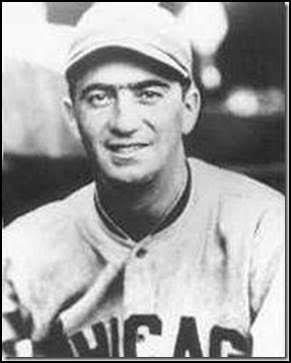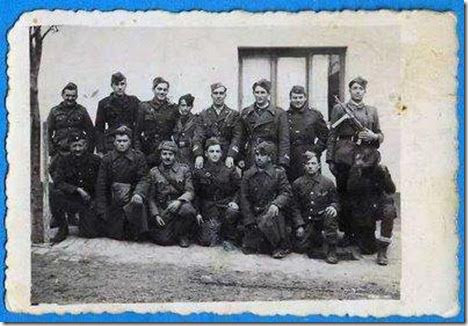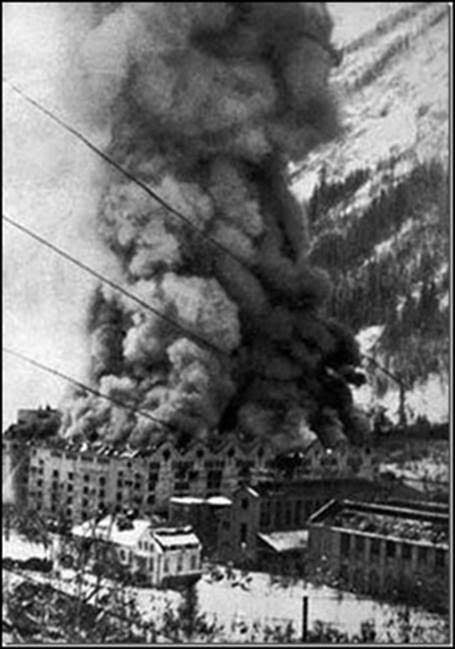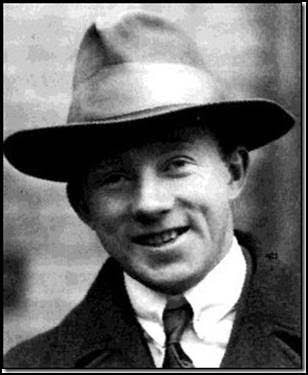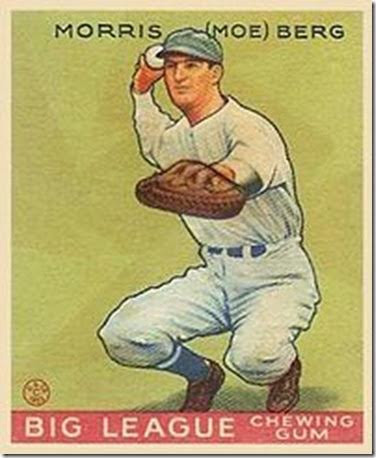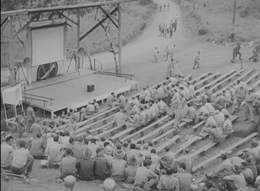 Movie in the Jungle! Submitted by Dick Martin Excerpt from letter dated June 24, 1944 from Lieutenant Jack Martin to his uncles in Springfield: “I just got back from the show. It was “Song of Bernadette”. I wonder if that’s been to Springfield yet. If you folks haven’t seen it and it comes within driving distance – that must be on your must list. If you can visualize an outdoor theater with a broken down screen, and a sound system in which you could hear a word every now and then. Plus a battalion of soldiers sits in a hushed silence strains patiently for two and a half hours to hear what they could and when it was all over leaving without a word being said. That was “Song of Bernadette”. We’re coming along O.K. working pretty hard as usual but that’s only to be expected. The war seems to be coming fine on all fronts. We don’t have any radios. But have to wait for the daily communiques which don’t arrive every day unfortunately.” Jack
0 Comments
Submitted by Daryl Heusinkveld Moe Berg 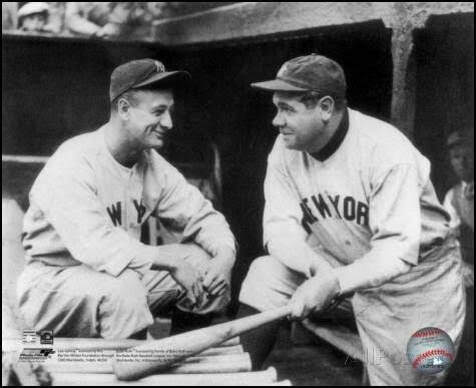 When baseball greats Babe Ruth and Lou Gehrig went on tour in baseball-crazy Japan in 1934, some fans wondered why a third-string catcher named Moe Berg was included. Although he played with five major-league teams from 1923 to 1939, he was a very mediocre ball player. But Moe was regarded as the brainiest ballplayer of all time. In fact Casey Stengel once said: "That is the strangest man ever to play baseball.” When all the baseball stars went to Japan, Moe Berg went with them and many people wondered why he went with "the team". The answer was simple: Moe Berg was a United States spy, working undercover with the CIA. Moe spoke 15 languages - including Japanese. And he had two loves: baseball and spying. In Tokyo, garbed in a kimono, Berg took flowers to the daughter of an American diplomat being treated in St. Luke's Hospital - the tallest building in the Japanese capital. He never delivered the flowers. The ball-player ascended to the hospital roof and filmed key features: the harbor, military installations, railway yards, etc. Eight years later, General Jimmy Doolittle studied Berg's films in planning his spectacular raid on Tokyo. His father disapproved of his baseball career and never once watched his son play. In Barringer High School, Moe learned Latin, Greek and French. Moe read at least 10 newspapers every day. He graduated magna cum laude from Princeton - having added Spanish, Italian, German and Sanskrit to his linguistic quiver. During further studies at the Sorbonne, in Paris, and Columbia Law School, he picked up Japanese, Chinese, Korean, Indian, Arabic, Portuguese and Hungarian - 15 languages in all, plus some regional dialects. While playing baseball for Princeton University, Moe Berg would describe plays in Latin or Sanskrit. During World War II, Moe was parachuted into Yugoslavia to assess the value to the war effort of the two groups of partisans there. He reported back that Marshall Tito's forces were widely supported by the people and Winston Churchill ordered all-out support for the Yugoslav underground fighter, rather than Mihajlovic's Serbians. The parachute jump at age 41 undoubtedly was a challenge. But there was more to come in that same year. Berg penetrated German-held Norway, met with members of the underground and located a secret heavy-water plant - part of the Nazis' effort to build an atomic bomb. His information guided the Royal Air Force in a bombing raid to destroy that plant. Tito's Partisans The RAF destroys the Norwegian heavy water plant targeted by Moe Berg There still remained the question of how far had the Nazis progressed in the race to build the first Atomic bomb. If the Nazis were successful, they would win the war. Berg (under the code name "Remus") was sent to Switzerland to hear leading German physicist Werner Heisenberg, a Nobel Laureate, lecture and determine if the Nazis were close to building an A-bomb. Moe managed to slip past the SS guards at the auditorium, posing as a Swiss graduate student. The spy carried in his pocket a pistol and a cyanide pill. If the German indicated the Nazis were close to building a weapon, Berg was to shoot him - and then swallow the cyanide pill. Moe, sitting in the front row, determined that the Germans were nowhere near their goal, so he complimented Heisenberg on his speech and walked him back to his hotel. Werner Heisenberg blocked the Nazis from acquiring an atomic bomb. Moe Berg's report was distributed to Britain's Prime Minister, Winston Churchill, President Franklin D. Roosevelt and key figures in the team developing the Atomic Bomb. Roosevelt responded: "Give my regards to the catcher.” Most of Germany's leading physicists had been Jewish and had fled the Nazis mainly to Britain and the United States. After the war, Moe Berg was awarded the Medal of Freedom - America's highest honor for a civilian in wartime. But Berg refused to accept it, because he couldn't tell people about his exploits. After his death, his sister accepted the Medal. It now hangs in the Baseball Hall of Fame, in Cooperstown. Moe Berg's baseball card is the only card on display at the CIA Headquarters in Washington, DC
Submitted by Daryl Heusinkveld
https://raulrubiera.smugmug.com/RaulRubieraPhotography/RRP-Final-Images/2020/Evangelo-Morris-Old-Glory/i-zWkvH7G/A
Submitted by Daryl Heusinkveld
|
Categories
All
Archives
October 2023
|
